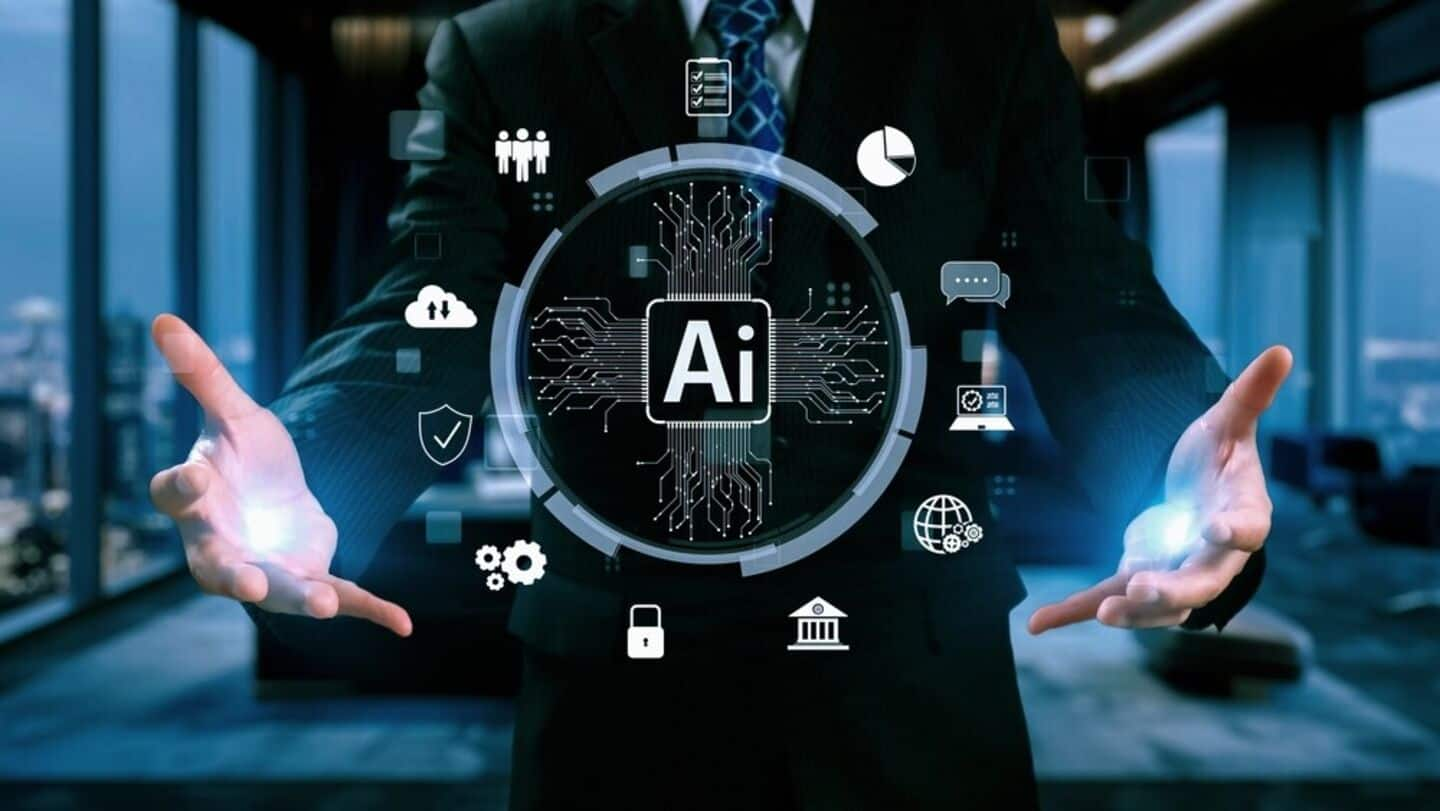
AI's energy consumption could surpass Bitcoin mining by year-end
What's the story
Artificial Intelligence (AI) is on track to become a major consumer of electricity, potentially surpassing Bitcoin mining as the biggest power guzzler. According to an analysis by Alex de Vries-Gao, a PhD candidate at Vrije Universiteit Amsterdam Institute for Environmental Studies, AI could account for nearly half of all data centers' electricity consumption globally by the end of 2025.
Current impact
AI's current share in data centers' electricity consumption
De Vries-Gao's research indicates that AI already accounts for up to 20% of the electricity used by data centers. However, this number is hard to verify without major tech companies disclosing specific data on their AI models' energy consumption. The researcher arrived at this figure by projecting the supply chain for specialized computer chips used in AI.
Energy growth
AI's growing energy appetite and its parallels with crypto mining
Despite efficiency gains, AI's energy consumption is on the rise at an alarming rate. This trend has led to a surge in new data centers for AI, especially in the US. De Vries-Gao also draws parallels between this trend and his previous work on crypto mining, noting how difficult it can be to determine the actual energy consumption and environmental impact of these technologies.
Future forecasts
AI's power demand and future projections
De Vries-Gao used a "triangulation" technique to estimate hardware production for AI and its likely energy consumption. He found that specialized AI equipment consumed as much electricity last year as the Netherlands. By the end of 2025, he expects this number to grow closer to a country like the UK, with power demand for AI reaching 23GW.
Impact assessment
AI's impact on US electricity demand and sustainability reporting
A separate report by consulting firm ICF predicts a 25% increase in electricity demand in the US by the end of this decade, mainly due to AI, traditional data centers, and Bitcoin mining. However, there's still a lot of uncertainty about AI's energy consumption and environmental impact. This is because tech companies rarely break down their greenhouse gas emissions data to show what part is specifically attributable to AI.